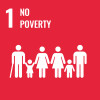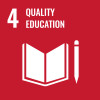Crafting Futures
Education as the key to a better future
In Burkina Faso, many young people – especially women – struggle with unemployment and a lack of educational opportunities. ÖJAB supports disadvantaged youth through practical vocational training in promising skilled trades. This creates prospects, independence, and hope for a life beyond poverty. Every contribution counts – join us in making a difference!
Background and Needs
In Burkina Faso, unemployment and the lack of economic autonomy among women and young people are major challenges to the country's development. Women, in particular, face structural barriers such as socio-cultural discrimination and limited access to education and vocational training. These obstacles often prevent them from accessing formal employment and confine them to precarious jobs in the informal sector. At the same time, the labor market for highly coveted public positions is saturated and there is a significant lack of training that aligns with the needs of the private sector.
This situation exacerbates poverty and social inequality while hindering the country’s economic growth, especially as the economic autonomy of women and young people is crucial for ensuring social stability and sustainable development. Therefore, a comprehensive reform of the education system, with a particular focus on vocational training, is essential.
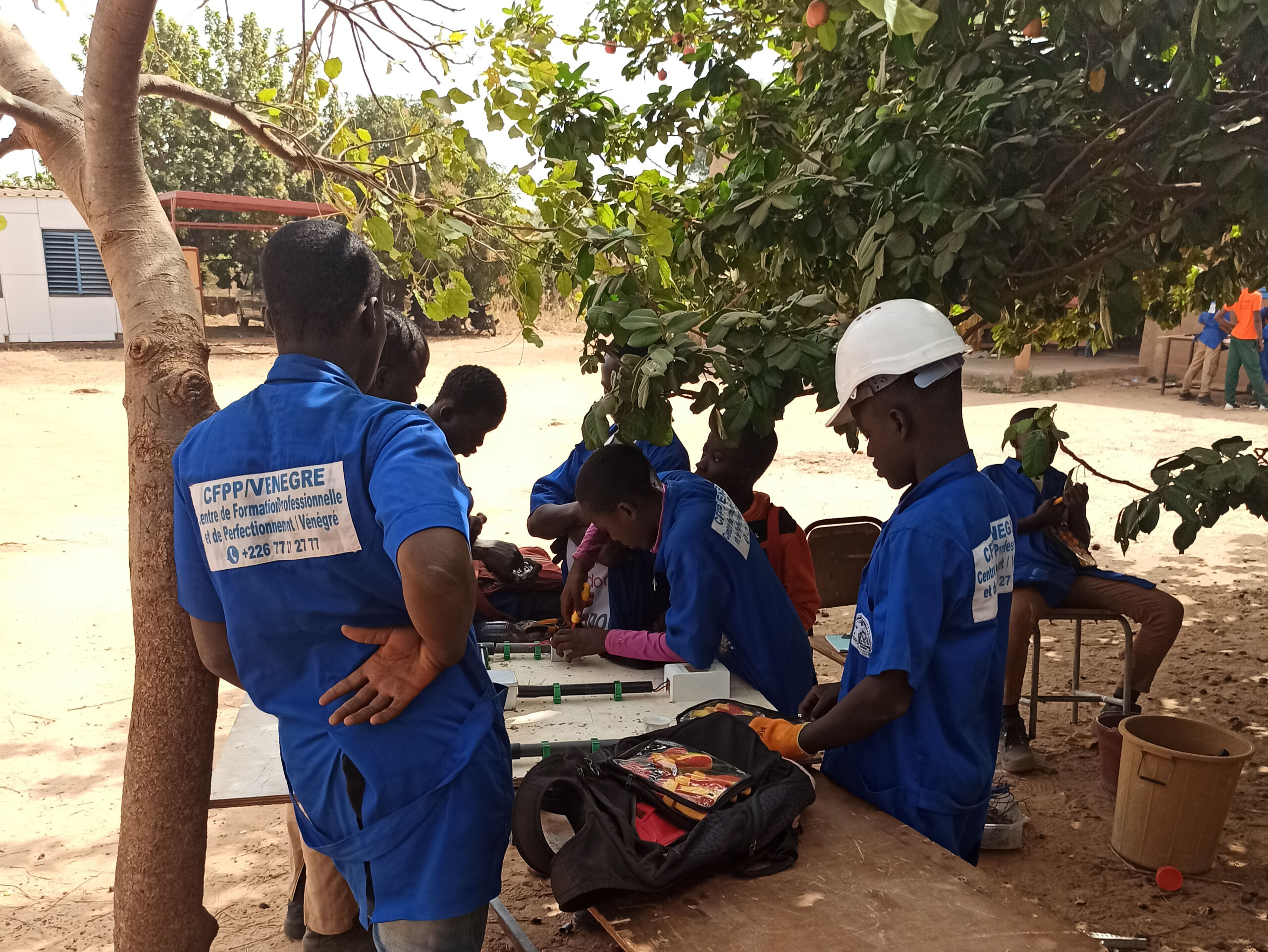
Project Activities
In the field of development cooperation, ÖJAB supports young people in Burkina Faso with their training. Since vocational training is the key to self-employment and the fight against unemployment, ÖJAB supports vocational training of socially disadvantaged groups such as women and young people. Through various ways of support, ÖJAB contributes to improving the quality of training of two training centres in the region of Kadiogo (until 2025 "Centre"): the Centre de Formation Professionnelle et de Perfectionnement Vénégré (CFPP/Vénégré) and the Centre de Formation Professionnelle Sainte Louise (a centre for girls). These two centres offer vocational training in plumbing, building electricity, sewing, hairdressing, and food processing and preservation.
ÖJAB’s support includes subsidies for tuition fees, the purchase of training equipment, involvement in the training content and more. The duration of the training is two years, with 70% of the hours dedicated to practical courses. Learners also participate in national state exams to obtain a certificate (CQP) or a diploma (BQP) of their professional qualifications (French: Certificat/Brevet de Qualification Professionnelle).
In addition, a social worker also supports the learners with their social and personal difficulties. Many trainees come from difficult socio-economic backgrounds and family situations, which often leads to low motivation or withdrawal from the program. Additional psychological support is crucial for them to progress both in their training and in private life.
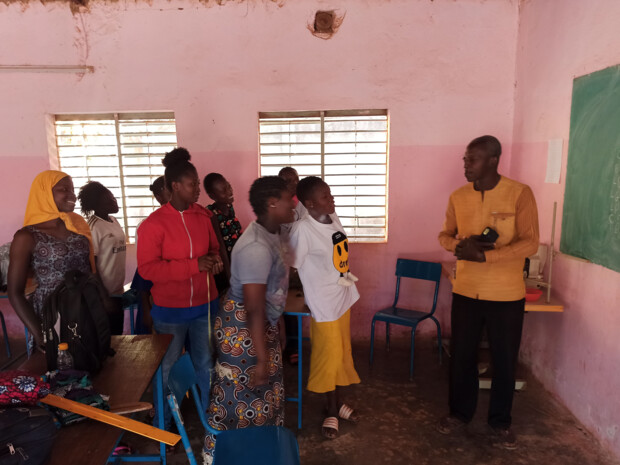
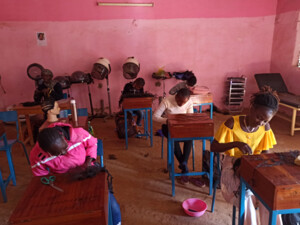
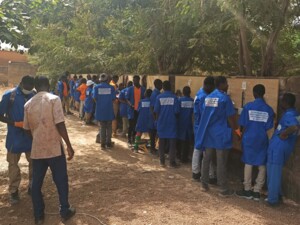
Impact
With its support, ÖJAB offers young women and men not only professional training, but moreso an opportunity for a better future.
With this training and following degree, graduates can gain a foothold in the local labour market and build a professional future. Female and youth unemployment as well as poverty are effectively reduced through secure and stable employment.
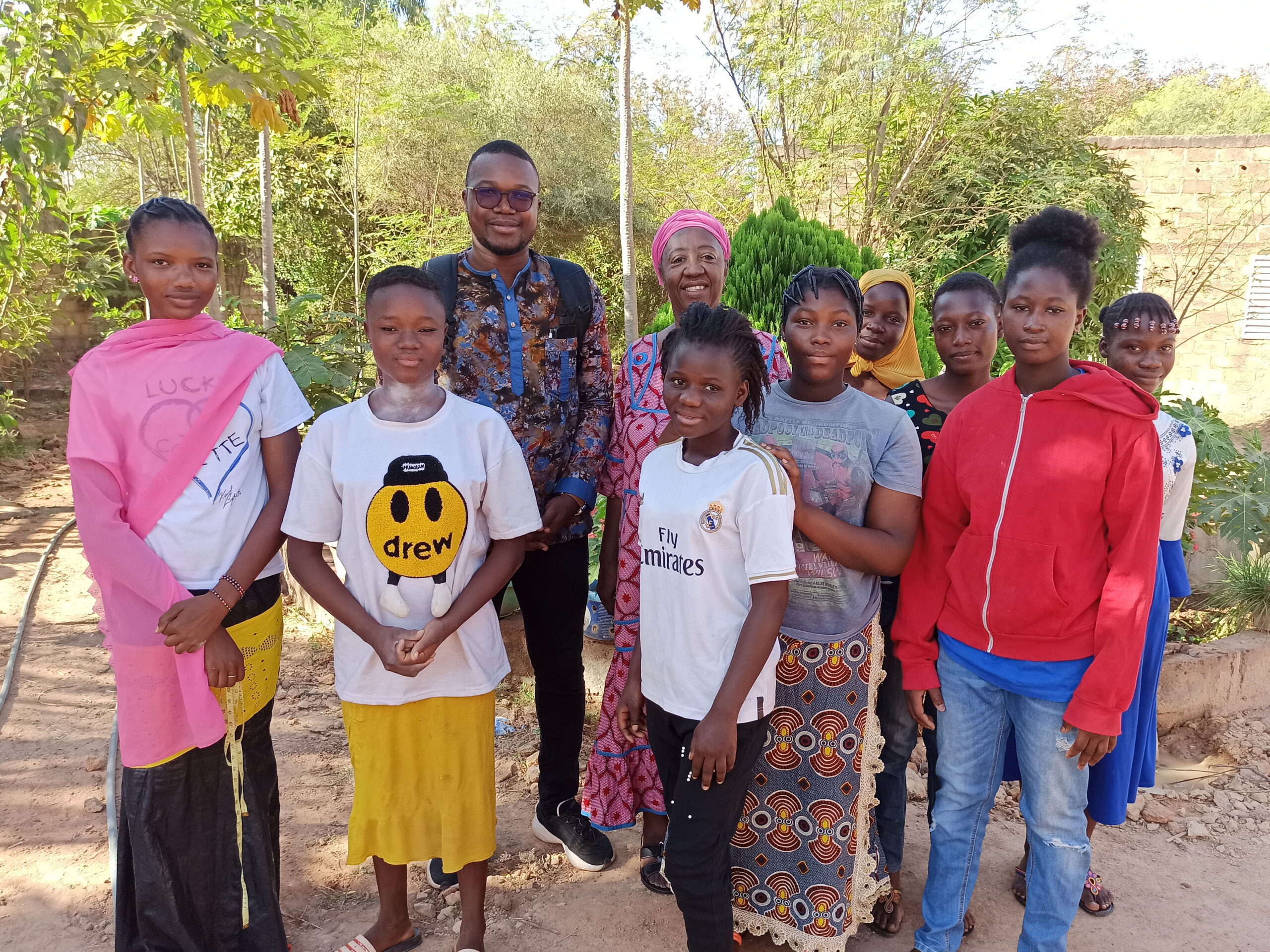
Financing
Given the social and economic impact of this project for young men and women, we strongly encourage your contributions. Through your donations, you can improve a person's living conditions. ÖJAB’s scholarships pay half the annual schooling fee for young trainees in need, coming up to 120,– euros per person.
*The content of this publication has not been approved by the United Nations and does not reflect the views of the United Nations or its officials or Member States.

